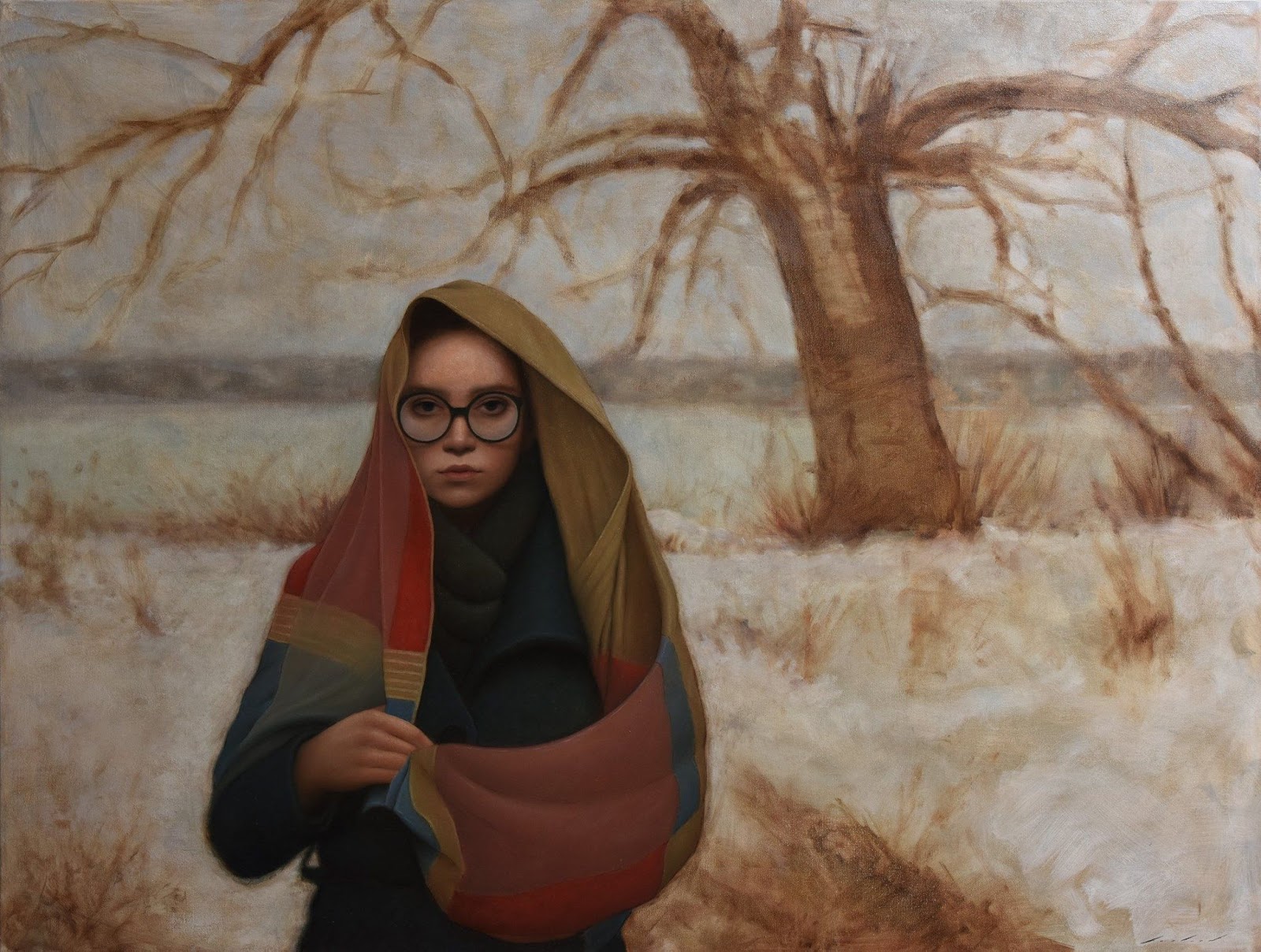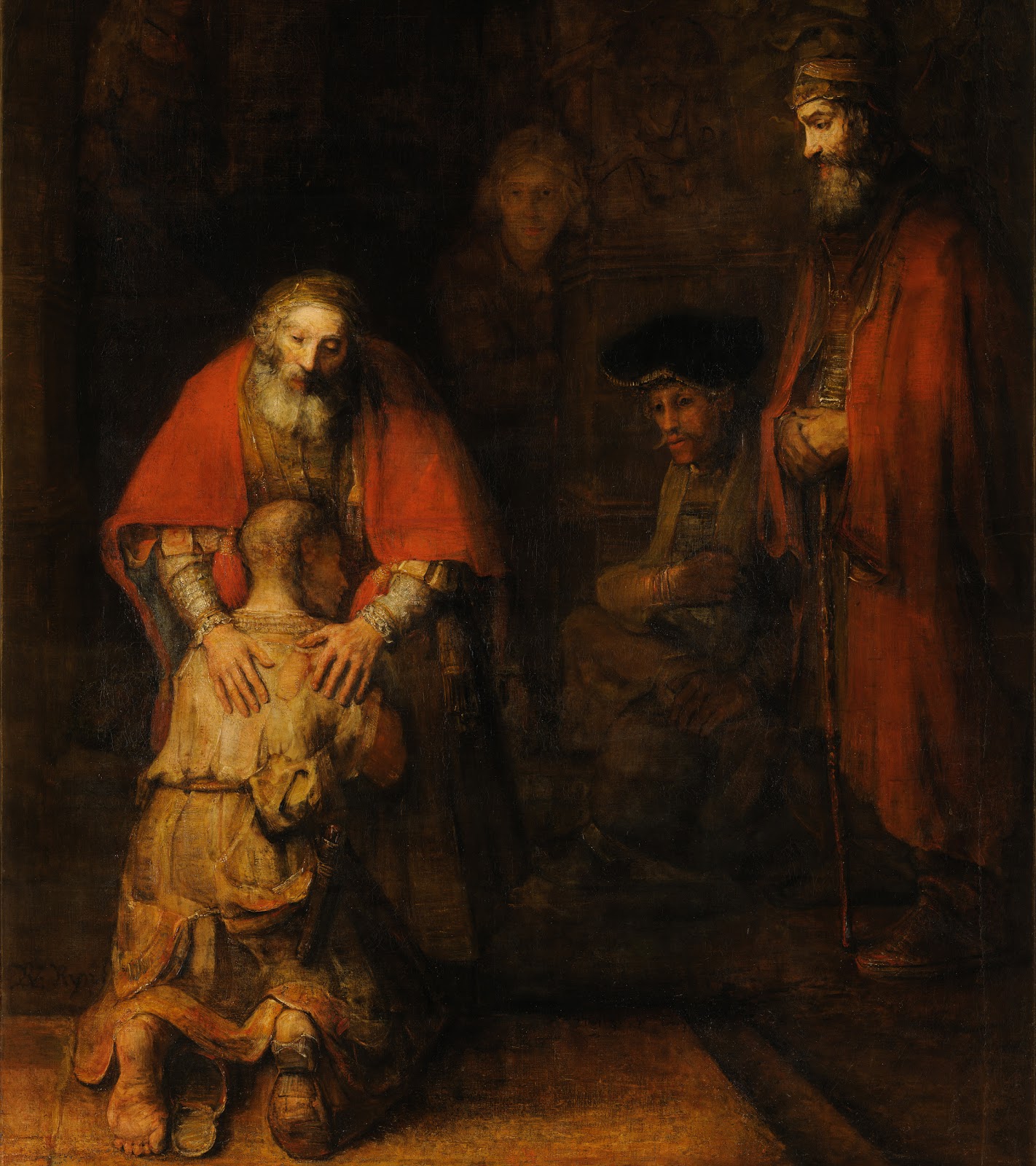Svetlana Shalygina was born into a poor, humble working class family in Efremov, Russia. She and an older sister were raised in a small, studio apartment 200 miles south of Moscow by parents who worked in a local factory but were very devoted to their children. Svetlana grew up close to nature in wide-open Russian countryside and picturesque valleys which she sketched and painted throughout her childhood. It was here she developed a strong interest in Russian classical art, poetry, music and literature.
Home » Tutti i post

François Boucher | The Four Seasons
Source: The Frick Collection, New York
The son of a painter, François Boucher (1703-1770) was born in Paris and trained first with his father, then briefly with François Lemoine.
In 1723 he won the Academy’s first prize for painting but was denied the sojourn in Rome that normally resulted from the competition.
To earn his living the young artist produced reproductive engravings throughout the 1720s, notably after drawings and paintings by Watteau.
François Boucher - The Four Seasons, Autumn, 1755

Camille Lambert | Post Impressionist painter
Camille-Nicolas Lambert (1876-1963) was born in Arlon, Belgium in 1874. He was a student of the Académie des Beaux-Arts de Liége and Anvers.
He won the second place Prix de Rome in 1898, and third place Prix de Rome in 1901 and 1904. Lambert exhibited at the Salon des Artistes Français in Paris and the Société Nationale des Beaux-Arts in Brussels. He was a member of circle Pour l'Art, and he exhibited in 1912 at the 20th Salon.

Danny Ferland, 1975 | Portrait painter
Danny Ferland was born in Quebec City, Quebec.
He was self taught for many years before discovering the magnificence of figurative art during a European trip in 2002.
Seeing the historical artworks in countless museums is what made him realize the outmost importance of genuine academic training.
In 2008 he moved to New York city after being accepted into the Janus Collaborative school of art.

Rembrandt | The Return of the Prodigal Son, 1668
In the Gospel According to Luke (15: 11-32), Christ relates the parable of the Prodigal Son.
A son asks his father for his inheritance and leaves the parental home, only to fritter away all his wealth.
Arriving at last at sickness and poverty, he returns to his father's house. The old man is blinded by tears as he forgives his son, just as God forgives all those who repent.
This whole work is dominated by the idea of the victory of love, goodness and charity.
The event is treated as the highest act of human wisdom and spiritual nobility, and it takes place in absolute silence and stillness.
Iscriviti a:
Post (Atom)








